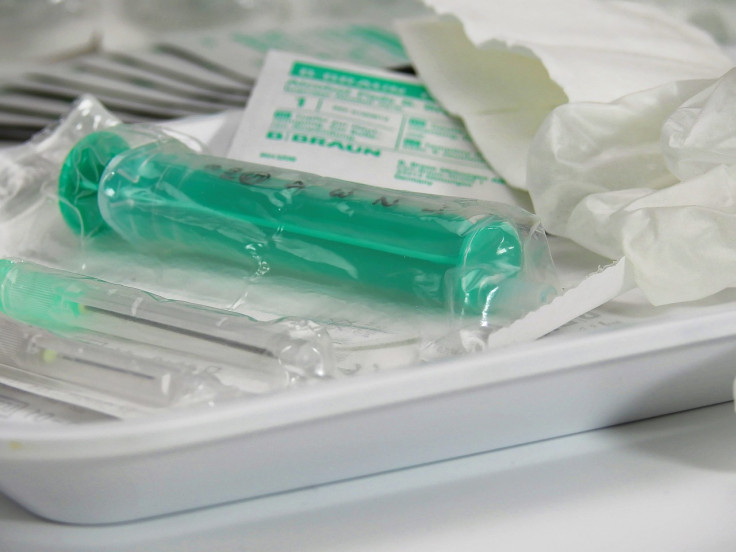Nearly 450 Patients Potentially Exposed To HIV, Hepatitis At Massachusetts Hospital

A hospital in Massachusetts has warned nearly 450 patients may have been exposed to HIV and hepatitis due to a lapse that occurred in its endoscopy unit.
Salem Hospital in Massachusetts revealed Wednesday that patients who underwent endoscopy at their facility between June 2021 and April 2023 may have been exposed to hepatitis B, hepatitis C and HIV (human immunodeficiency virus).
Endoscopy is a diagnostic tool that helps the doctor view the inside of the body using a flexible tube with a light and camera attached to it.
Hospital authorities have not disclosed details of the exposure, except that it occurred during the administration of IV medications "in a manner not consistent with our best practice."
The hospital said it was notified about the lapse earlier this year and has since corrected it. The potentially exposed patients were informed and requested to take screening tests.
"Salem Hospital has notified all potentially impacted patients, set up a clinician-staffed hotline to answer questions, and we are providing them with free screening and any necessary support," the hospital said in a statement.
The Massachusetts Department of Public Health officials conducted an investigation at the hospital and were working with the infection control team to manage the situation.
"DPH advised the hospital to notify all impacted patients in writing about the potential exposure to bloodborne pathogens and to offer free-of-charge follow-up care, including testing," the health department told ABC News.
Hospital officials said the expected infection risk from the incidents is "extremely small" and no case connected to it has been reported yet.
"There is no evidence to date of any infections resulting from this incident," the officials said.
"The safety of our patients is our highest priority, and we have undertaken multiple corrective actions in response to this event. We sincerely apologize to those who have been impacted, and we remain committed to delivering high-quality, compassionate health care to our community," the statement read.
Hepatitis and HIV can spread by sharing needles, syringes and other injection equipment. Hepatitis B and C are liver infections caused by viruses that are treatable using antiviral medications if recognized on time. HIV is not curable, but the use of antiretroviral therapy or ART helps to keep the virus under control.



























